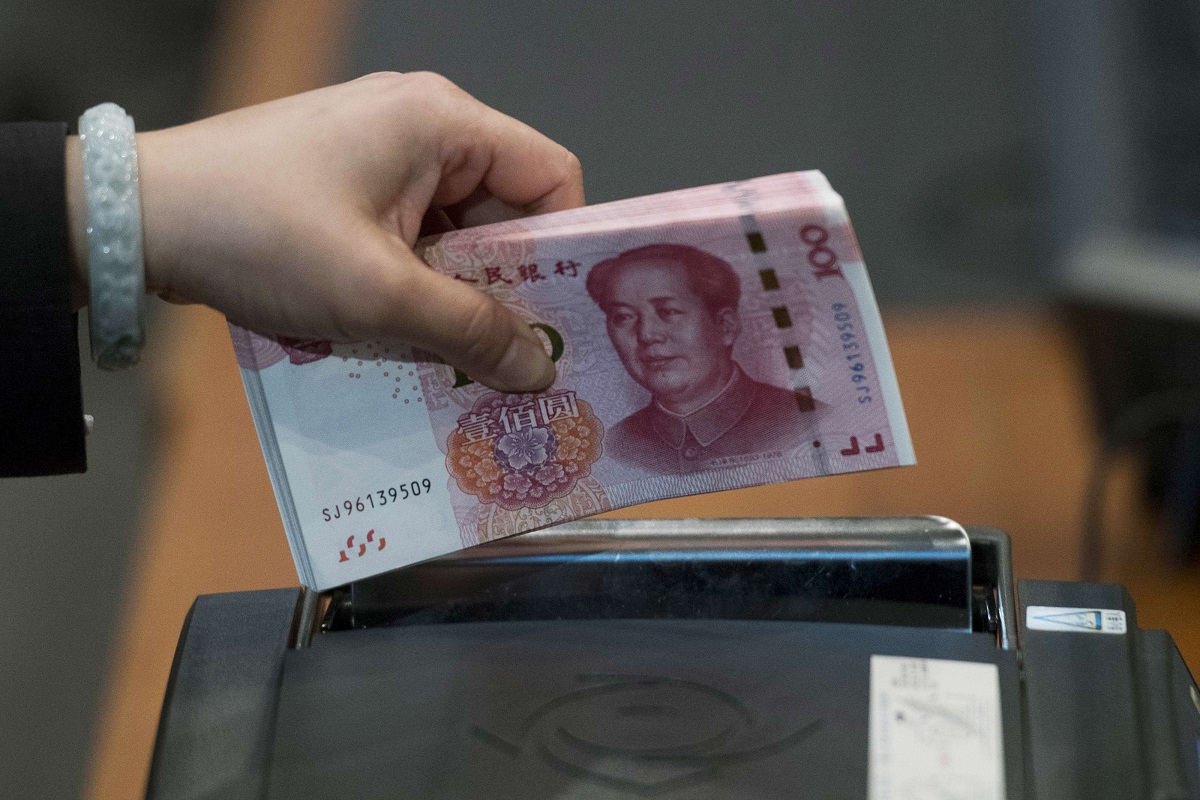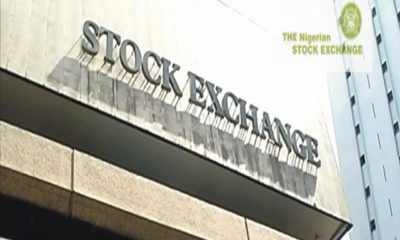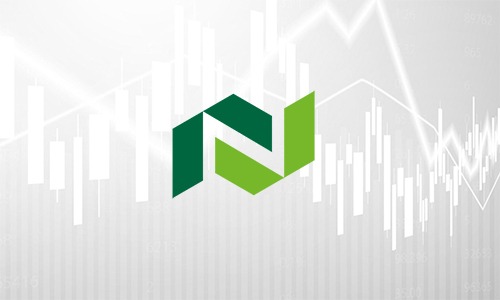Stock Market
Chinese Tech Stocks Roar Back: Bull Market Beckons Amid Government Support
China’s Tech Sector Awaits a Turnaround as Government Support Bolsters Investor Sentiment

Nigerian Exchange Limited
NGX Group Unveils Plans for Online Public Offer Platform and African Expansion
Nigerian Exchange Limited
Nigerian Stock Market Rebounds, Led by Banking Giants
Nigerian Exchange Limited
Nigerian Exchange Sees 0.05% Uptick After Bearish Streak: Investors Gain N26bn
-

 Forex4 weeks ago
Forex4 weeks agoZiG to the Rescue: Zimbabwe Shifts Gear with New Currency Backed by Gold
-

 Naira4 weeks ago
Naira4 weeks agoDollar to Naira Black Market Today, April 9th, 2024
-

 Billionaire Watch3 weeks ago
Billionaire Watch3 weeks agoNigerian Billionaire Tony Elumelu Contemplates Acquiring NPFL Club
-




 Naira4 weeks ago
Naira4 weeks agoDollar to Naira Black Market Today, April 8th, 2024
-







 Naira3 weeks ago
Naira3 weeks agoNaira Hits Eight-Month High at 1,120/$ Amidst Central Bank Reforms
-



 Naira2 weeks ago
Naira2 weeks agoDollar to Naira Black Market Today, April 17th, 2024
-







 Naira2 weeks ago
Naira2 weeks agoDollar to Naira Black Market Today, April 18th, 2024
-

 Economy4 weeks ago
Economy4 weeks agoSiemens $2.3bn Power Project Sees Advancement with Arrival of Transformers, Substations, Announces Minister























